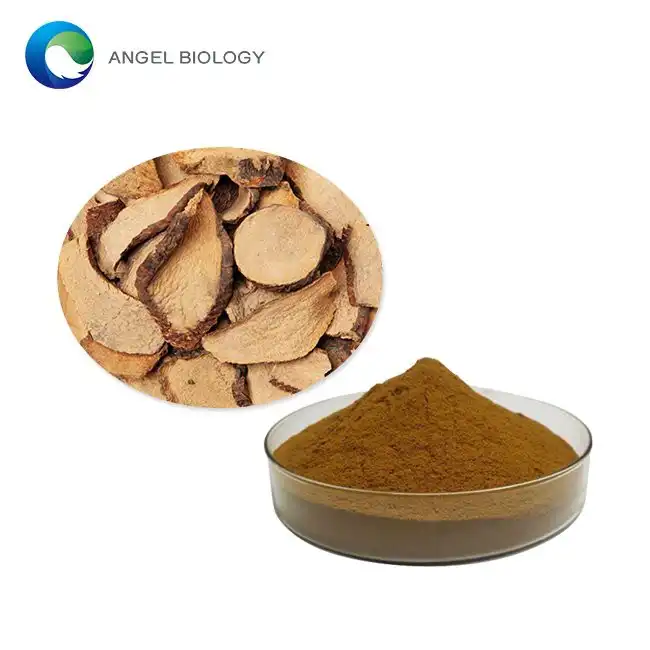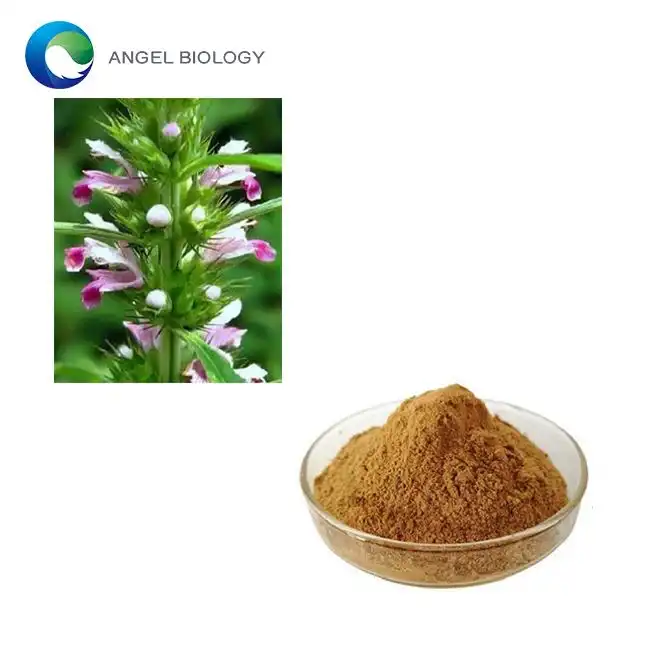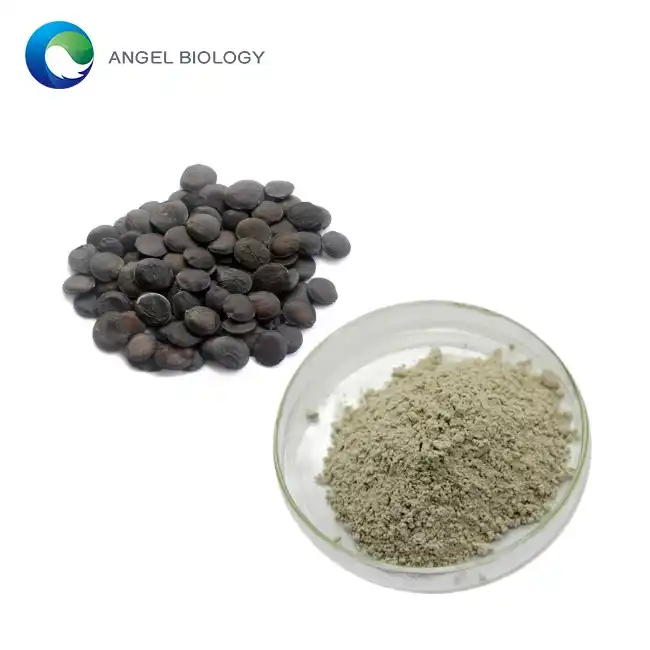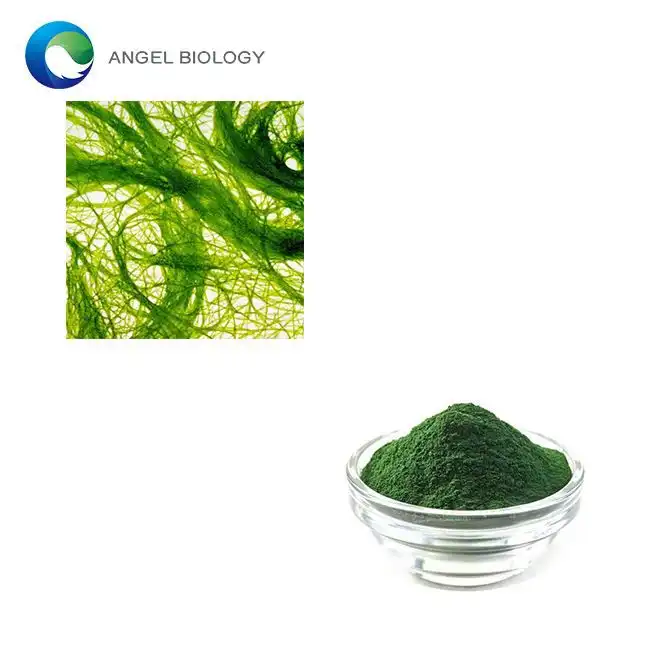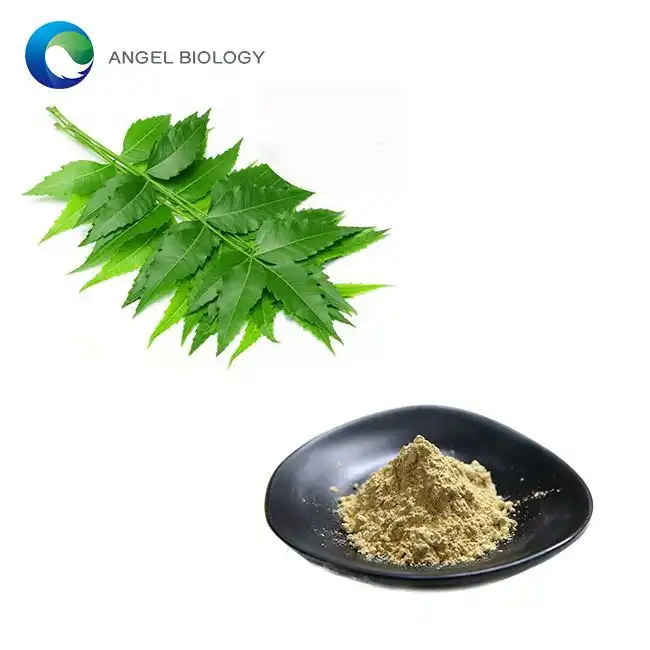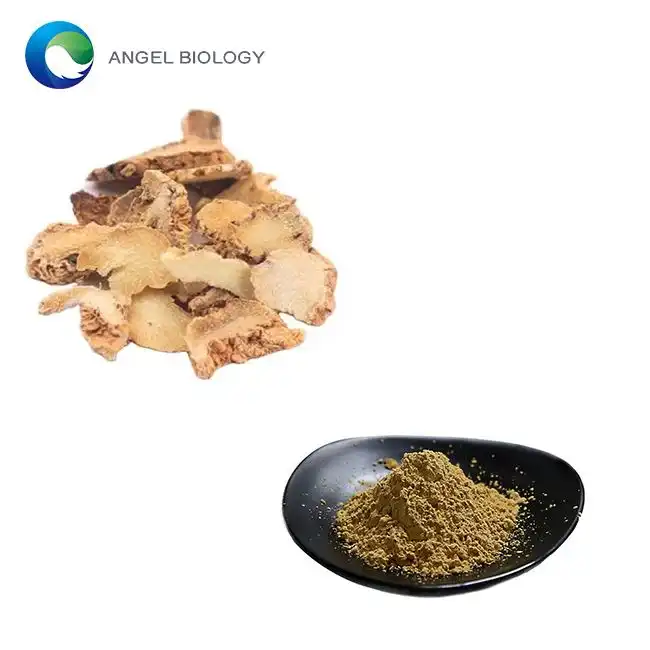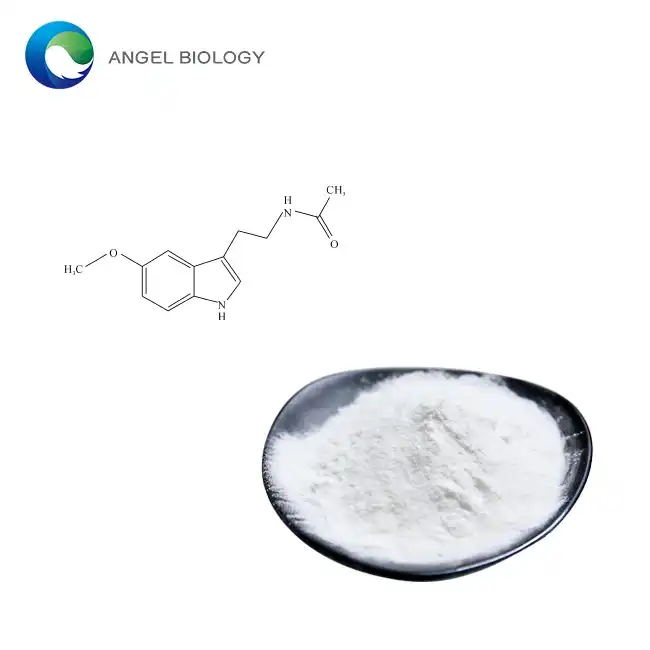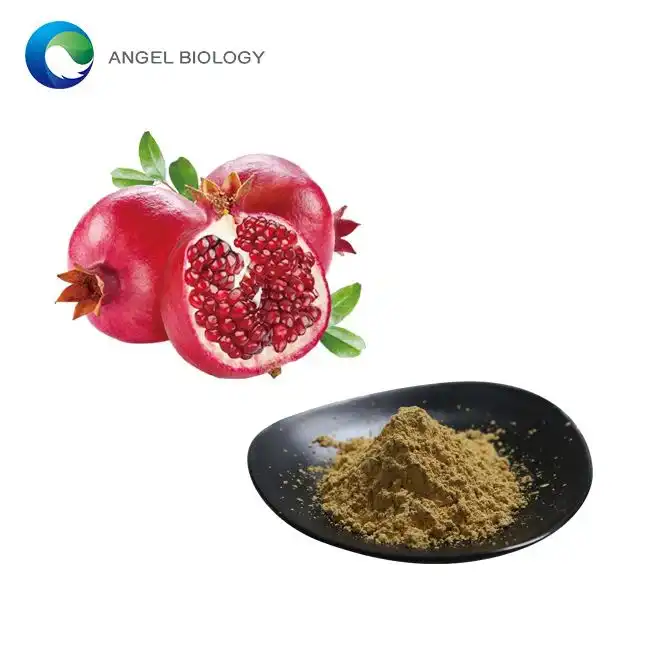Can Berberine HCl Powder Help with Blood Sugar Management?
Berberine HCl Powder has gained significant attention for its potential to help manage blood sugar levels. This natural compound, extracted from various plants including barberry, goldthread, and goldenseal, has been used in traditional Chinese and Ayurvedic medicine for centuries. Modern research has begun to validate these traditional uses, particularly focusing on berberine's ability to support healthy blood glucose levels. As diabetes and insulin resistance affect millions worldwide, many are turning to natural supplements like Berberine HCl Powder as complementary approaches to conventional treatments.
What Is Berberine HCl Powder and How Does It Affect Blood Sugar?
The Science Behind Berberine HCl Powder
Berberine HCl Powder is the hydrochloride salt form of berberine, which enhances its bioavailability and stability. This yellow, bitter-tasting alkaloid works through multiple mechanisms to influence blood sugar metabolism. Research indicates that Berberine HCl Powder activates AMP-activated protein kinase (AMPK), often referred to as a "metabolic master switch." When activated, AMPK helps regulate glucose uptake and utilization in cells, improving insulin sensitivity. Additionally, Berberine HCl Powder appears to modulate gut microbiota composition, which plays an increasingly recognized role in glucose metabolism. The powder form allows for precise dosing and can be easily incorporated into capsules or mixed with liquids.
Comparing Berberine HCl Powder to Other Blood Sugar Management Options
When evaluating blood sugar management approaches, many consider how Berberine HCl Powder compares to pharmaceutical options and other natural supplements. Unlike metformin, a commonly prescribed diabetes medication, Berberine HCl Powder doesn't require a prescription and works through similar pathways. Studies have shown comparable efficacy between Berberine HCl Powder and metformin in some measures of glycemic control. Compared to other natural supplements like cinnamon, alpha-lipoic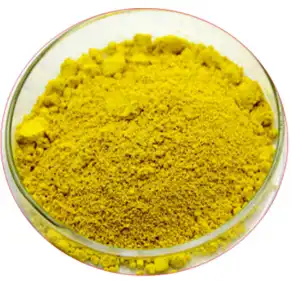 acid, or chromium, Berberine HCl Powder
acid, or chromium, Berberine HCl Powder
Optimal Dosage and Timing for Berberine HCl Powder
Most clinical studies have used total daily doses of 900-1500mg of Berberine HCl Powder, typically divided into 2-3 doses throughout the day. This divided approach helps maintain more consistent blood levels and may reduce gastrointestinal side effects. Many practitioners recommend taking Berberine HCl Powder approximately 30 minutes before meals or with the first bite of food, as this timing may enhance its effects on post-meal blood glucose spikes. When beginning supplementation, starting with a lower dose and gradually increasing can help the body adjust. The powder format allows for precise titration, which is an advantage over pre-dosed capsules or tablets.
How Long Does It Take for Berberine HCl Powder to Lower Blood Sugar?
Initial Response Timeline to Berberine HCl Powder
Clinical research suggests that some blood sugar improvements may begin to manifest within a few days of consistent use, though these initial changes are often modest. More significant improvements typically develop over several weeks. In one prominent study, participants showed measurable improvements in fasting blood glucose after just one week of Berberine HCl Powder supplementation, with more substantial benefits emerging after four weeks. The timing of response can vary based on individual factors including baseline blood sugar levels, diet, activity levels, and overall metabolic health. Regular blood glucose monitoring can help track the progressive effects of Berberine HCl Powder on both fasting and post-meal blood sugar levels.
Factors Affecting Berberine HCl Powder's Efficacy Timeline
The speed and extent of Berberine HCl Powder's blood sugar-lowering effects can be influenced by numerous variables. Dosage is a primary factor – higher doses within the therapeutic range generally produce faster effects. The quality and purity of the Berberine HCl Powder product is equally important. Dietary patterns significantly impact results; those following lower-carbohydrate diets typically experience enhanced benefits. Concurrent medications can also influence timeline and efficacy. Individual genetic factors affecting drug metabolism may explain why some people respond more rapidly to Berberine HCl Powder than others. Consistency in taking Berberine HCl Powder as recommended is perhaps the most crucial factor in determining both the timeline and magnitude of blood sugar improvements.
Maintaining Long-Term Blood Sugar Control with Berberine HCl Powder
Research indicates that the glycemic benefits of Berberine HCl Powder tend to persist and sometimes even increase with continued use over months. Unlike some pharmaceuticals that may lose effectiveness due to tolerance development, Berberine HCl Powder appears to maintain its blood sugar-regulating properties during long-term administration. However, consistency is key – interruptions in supplementation can lead to regression toward baseline blood glucose levels. Combining Berberine HCl Powder with lifestyle modifications enhances long-term efficacy; regular physical activity promotes muscle glucose uptake through complementary pathways, while anti-inflammatory dietary patterns may synergistically improve insulin sensitivity.
Is Berberine HCl Powder as Effective as Metformin for Blood Sugar Control?
Comparative Clinical Studies on Berberine HCl Powder vs. Metformin
A landmark 2008 study published in the journal Metabolism compared Berberine HCl Powder to metformin in patients with type 2 diabetes over three months. This research found that Berberine HCl Powder reduced HbA1c by 2.0% compared to metformin's 1.5% reduction, suggesting potentially comparable or even superior glycemic control. Other parameters, including fasting blood glucose and postprandial blood glucose, showed similar improvements between the two interventions. More recent research has explored combination approaches, finding that lower doses of metformin combined with Berberine HCl Powder may provide superior glycemic control compared to standard-dose metformin alone.
Mechanism Differences Between Berberine HCl Powder and Metformin
While both Berberine HCl Powder and metformin affect blood sugar control and share some similarities, there are notable differences in their modes of action. Both compounds activate AMPK, but research suggests that Berberine HCl Powder may bind to different sites on the AMPK molecule. Beyond AMPK activation, Berberine HCl Powder demonstrates additional mechanisms including modulation of the gut microbiome, inhibition of intestinal disaccharidases, and increased expression of insulin receptors. Berberine HCl Powder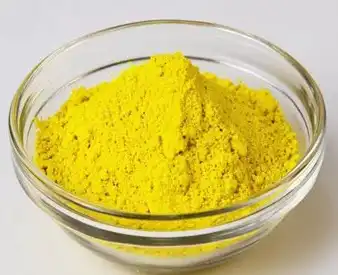 also appears to have more pronounced effects on lipid parameters, with greater reductions in cholesterol and triglycerides compared to metformin in several studies.
also appears to have more pronounced effects on lipid parameters, with greater reductions in cholesterol and triglycerides compared to metformin in several studies.
Safety Profile Comparison of Berberine HCl Powder to Metformin
Both metformin and Berberine HCl Powder can cause gastrointestinal disturbances, though some clinical observations suggest these may be milder with Berberine HCl Powder when equivalent therapeutic doses are compared. Unlike metformin, which carries a small risk of lactic acidosis, Berberine HCl Powder has not been associated with this rare but serious adverse effect. Berberine HCl Powder may interact with certain medications metabolized by cytochrome P450 enzymes. Both compounds appear to have neutral or beneficial effects on cardiovascular risk markers, though Berberine HCl Powder's more pronounced lipid-lowering properties may offer additional cardiometabolic advantages.
Conclusion
Berberine HCl Powder represents a promising natural option for blood sugar management, supported by substantial scientific evidence. Research indicates it works through multiple mechanisms to improve glucose metabolism, with efficacy comparable to some pharmaceuticals. While results vary based on individual factors, most users experience benefits within 1-4 weeks of consistent use. When used appropriately under proper guidance, Berberine HCl Powder can be a valuable component of a comprehensive approach to maintaining healthy blood sugar levels alongside proper diet and lifestyle modifications.
Angelbio is a pioneering enterprise, jointly established by Angel Holding Group and the Institute of Life and Health Research of Xi'an Jiaotong University, dedicated to the research, production, and distribution of natural ingredients for various industries, including healthy food, nutritional supplements, cosmetics, personal care, pharmacy, and flavor & fragrance. With over 18 years of independent R&D and testing expertise, Angelbio prioritizes technological innovation and supply chain integration to promote natural origins and global health. Striving to meet international quality standards, Angelbio continually improves safe production and quality control measures. Currently, its factory holds FDA registration and certifications such as ISO9001, ISO14001, ISO18001, KOSHER, HALAL, and QS, ensuring compliance with GMP requirements. Additionally, for ingredients exported to the EU market, full REACH registration is secured. Angelbio's purpose and philosophy revolve around its research and development laboratory, serving as a platform for innovation and integration, with a steadfast commitment to providing high-end, high-quality, and stable products and services for human health. As a leading Berberine HCl Powder manufacturer in China, Angelbio's products are trusted and praised by customers. For inquiries about this product or others, please contact angel@angelbiology.com for dedicated service. These represent Angelbio's corporate advantages.
References
1. Zhang Y, Li X, Zou D, et al. Treatment of type 2 diabetes and dyslipidemia with the natural plant alkaloid berberine. Journal of Clinical Endocrinology and Metabolism. 2008;93(7):2559-2565.
2. Yin J, Xing H, Ye J. Efficacy of berberine in patients with type 2 diabetes mellitus. Metabolism. 2008;57(5):712-717.
3. Wei W, Zhao H, Wang A, et al. A clinical study on the short-term effect of berberine in comparison to metformin on the metabolic characteristics of women with polycystic ovary syndrome. European Journal of Endocrinology. 2012;166(1):99-105.
4. Pérez-Rubio KG, González-Ortiz M, Martínez-Abundis E, et al. Effect of berberine administration on metabolic syndrome, insulin sensitivity, and insulin secretion. Metabolic Syndrome and Related Disorders. 2013;11(5):366-369.
5. Lan J, Zhao Y, Dong F, et al. Meta-analysis of the effect and safety of berberine in the treatment of type 2 diabetes mellitus, hyperlipemia and hypertension. Journal of Ethnopharmacology. 2015;161:69-81.
6. Zhang H, Wei J, Xue R, et al. Berberine lowers blood glucose in type 2 diabetes mellitus patients through increasing insulin receptor expression. Metabolism. 2010;59(2):285-292.



